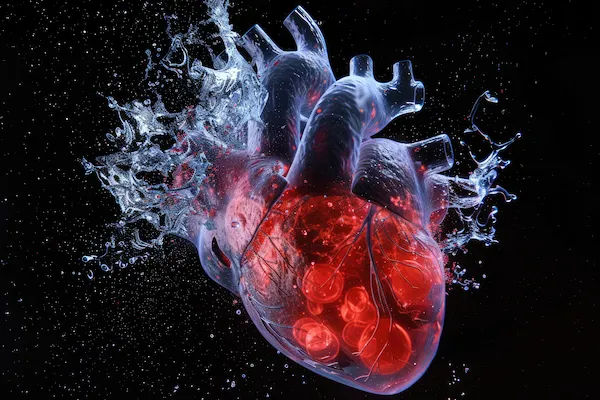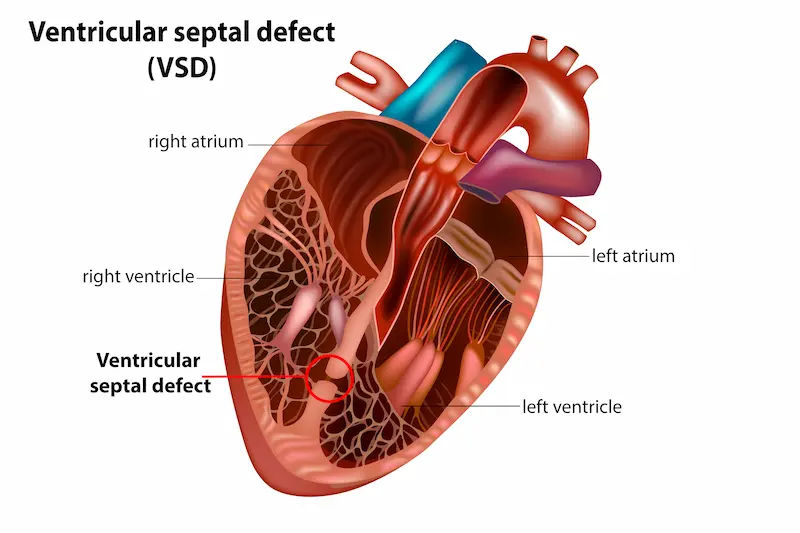- male
- 45 Years
- 23/01/2025
Sure, here's a rephrased version of the user's query: I've been having chest pains off and on for a couple of days and got an ECG done. Here's what the results say: Vent rate is 73 bpm, PR interval is 114 ms, QRS duration is 94 ms, QTQTc is 388427 ms, and the PRT axes are 64, 52, and 25. I'm really not sure if these numbers are normal. Should I be taking any special precautions, especially since the pain keeps showing up in different parts of my body at different times?
Answered by 1 Apollo Doctors
Blood Vomiting and Blood in Stool: Potential Causes
Blood vomiting (hematemesis) and blood in stool (hematochezia) can be symptoms of various conditions. Given your friend's experience, possible causes include:
- Gastroesophageal reflux disease (GERD): Stomach acid can cause bleeding in the esophagus or stomach.
- Peptic ulcers: Open sores in the stomach or duodenum can bleed.
- Gastritis: Inflammation of the stomach lining can lead to bleeding.
- Esophageal varices: Enlarged veins in the esophagus can bleed.
- Inflammatory bowel disease (IBD): Conditions like Crohn's disease or ulcerative colitis can cause bleeding.
- Infections: Bacterial or viral infections, such as food poisoning, can cause bleeding.
Urgent Medical Attention Needed
Encourage your friend to seek immediate medical attention to determine the underlying cause and receive proper treatment.
Dr. Ibrahim Suggests...
Consult a Cardiologist
Answered 04/07/2025
0
0

More Cardiology Health Queries
View allI'm a 19-year-old guy dealing with high blood pressure issues. My doctor suggested I take Bengreat 4 tablets, and I'm honestly a bit worried about my health. I'm also obese, weighing 105 kg, and I'm unsure if I should start taking these tablets. Could you give me some advice on whether it's safe or if there's anything else I should consider?
Bengreat 4 is a commonly prescribed medication for high blood pressure. It contains a combination of Amlodipine 5mg and Telmisartan 40mg. It is important to follow your doctor's advice and take the medication as prescribed. The usual dosage for Bengreat 4 is 1 tablet once daily. It is important to monitor your blood pressure regularly while taking this medication. Additionally, since you mentioned being obese, it is also important to work on lifestyle modifications such as a healthy diet and regular exercise to help manage your blood pressure.
Answered by 1 Apollo Doctors
I'm getting really worried because my BP has been consistently at 160 over 120, even after taking the telmisartan and amlodipine 5 mg tablets. What could be happening, and why isn't my blood pressure going down?
Get yourself evaluated for resistant hypertension. Get basic workup also done
Answered by 1 Apollo Doctors
I'm just a bit worried about my dad. He's 73 and back in November, he was getting these palpitations which led to an angiogram. They found some mild lesions and myocardial bridging, nothing major though. Before all this, he was on a 10 mg dose of Aztor. In December, he had a left hepatectomy because of a cyst, but that's all sorted now. So, in January, the doctor switched things up and put him on Ecosprin 7520 and Prolimet 12.5, and he's been on those for about three months. The thing is, our doctor isn't available right now and my dads next checkup isn't until April. I'm just wondering if it's okay for him to keep taking this medication for another two months or should we be doing something different?
Yes, the same medications can be continued for another two months. Aztor 10 mg can be continued for his cholesterol management. Ecosprin 7520 is important for antiplatelet effects to prevent blood clots, and Prolimet 12.5 is likely prescribed for blood pressure control. It is important to continue these medications as prescribed until his next checkup in April.
Answered by 1 Apollo Doctors
Disclaimer: Answers on Apollo 247 are not intended to replace your doctor advice. Always seek help of a professional doctor in case of an medical emergency or ailment.




